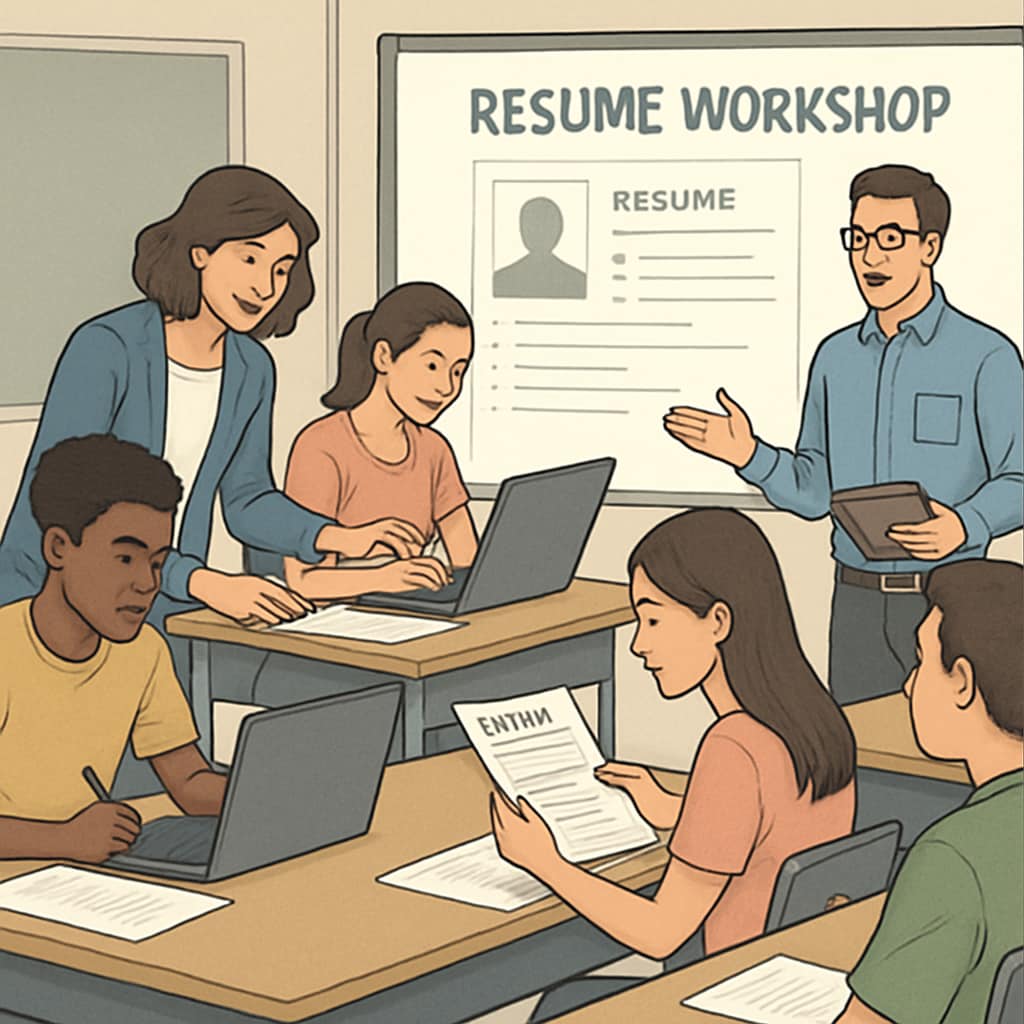Canada’s K12 education system plays a pivotal role in shaping students for future employment, offering essential guidance in resume preparation and career planning. As the job market becomes increasingly competitive, crafting an effective resume is a key skill that Canadian schools are integrating into their curriculum. This article delves into how the educational framework equips students with the tools they need to succeed professionally and provides actionable insights for educators and parents.
The Role of Canada’s K12 Education in Career Preparation
Canada’s K12 education system is designed to develop both academic and practical skills that align with the demands of the workforce. Beyond traditional subjects, schools are implementing programs focused on career readiness, including workshops on resume writing, job interviews, and workplace etiquette. These initiatives aim to ensure students not only excel academically but also possess the cross-cultural competencies required in a diverse job market.
- Introduction to resume basics: formatting, structure, and content organization.
- Career exploration classes: helping students identify interests and potential career paths.
- Mock interviews and practical exercises for building confidence.

Practical Tips for Effective Resume Construction
Creating a standout resume is essential for any job seeker, and students in Canada benefit from learning this skill early. A well-crafted resume is more than a list of achievements; it reflects a candidate’s ability to communicate their value succinctly. Schools often emphasize the following principles:
- Tailoring resumes for specific job roles or industries.
- Highlighting transferable skills, such as teamwork and problem-solving.
- Using action-oriented language to describe accomplishments.
For example, instead of vague statements like “worked on projects,” students are encouraged to use impactful wording such as “collaborated with a team of five to develop an innovative solution, resulting in a 20% efficiency increase.” Such attention to detail can make resumes stand out in competitive fields.

How Parents and Educators Can Support Career Planning
Parents and educators play an integral role in guiding students toward successful career paths. In Canada, many schools offer career counseling services, but parents can also contribute by encouraging extracurricular activities that build real-world skills. For educators, integrating career readiness into the curriculum can be transformative. Suggestions include:
- Hosting career fairs with professionals from various industries.
- Incorporating resume writing into English or business classes.
- Providing constructive feedback on students’ resumes and career aspirations.
Moreover, fostering an environment that values diversity and inclusion can help students prepare for cross-cultural workplace settings, a key aspect of Canada’s multicultural society.
Readability guidance: To ensure accessibility, this article uses short paragraphs and practical advice. Lists are included to summarize key points effectively, while transitions like “for example,” “in addition,” and “as a result” enhance flow.


